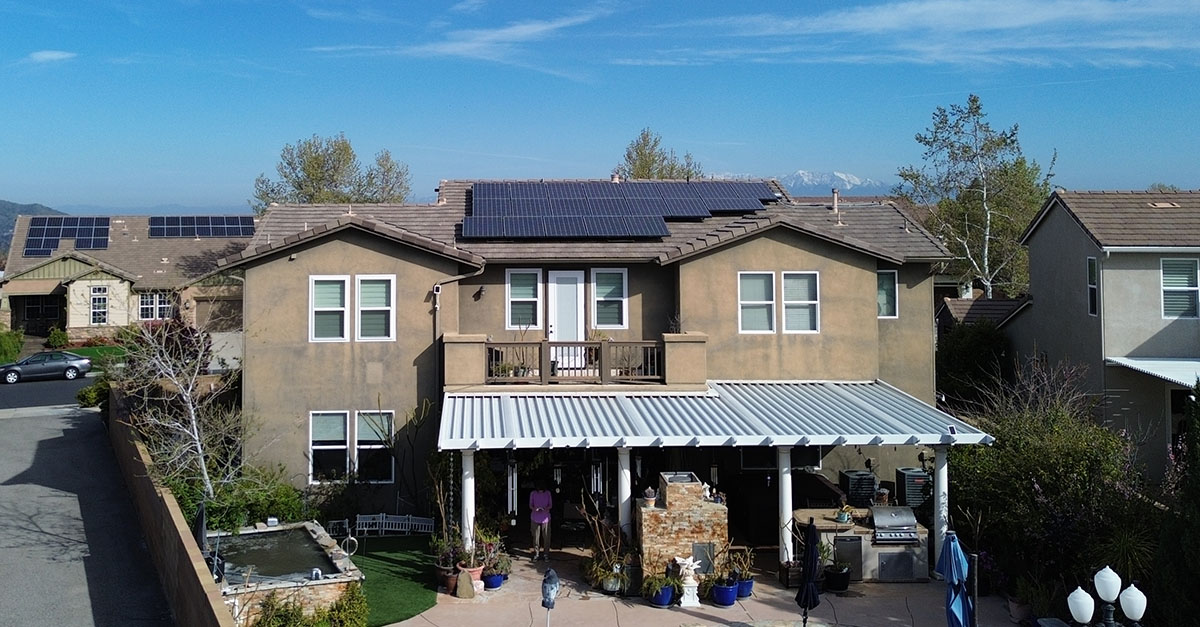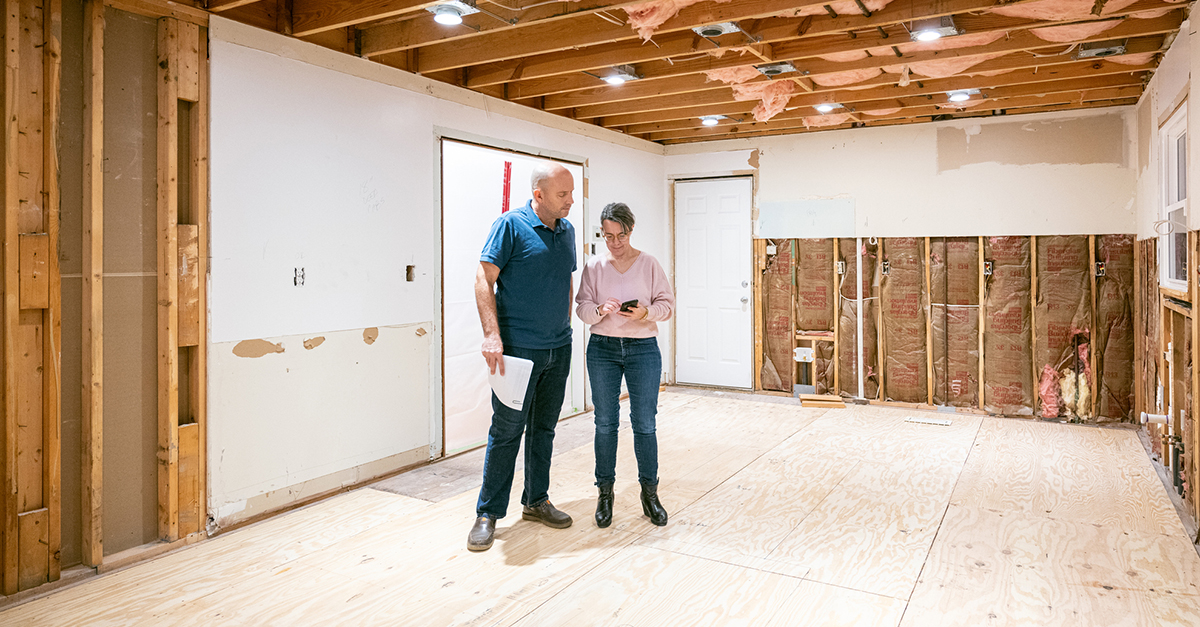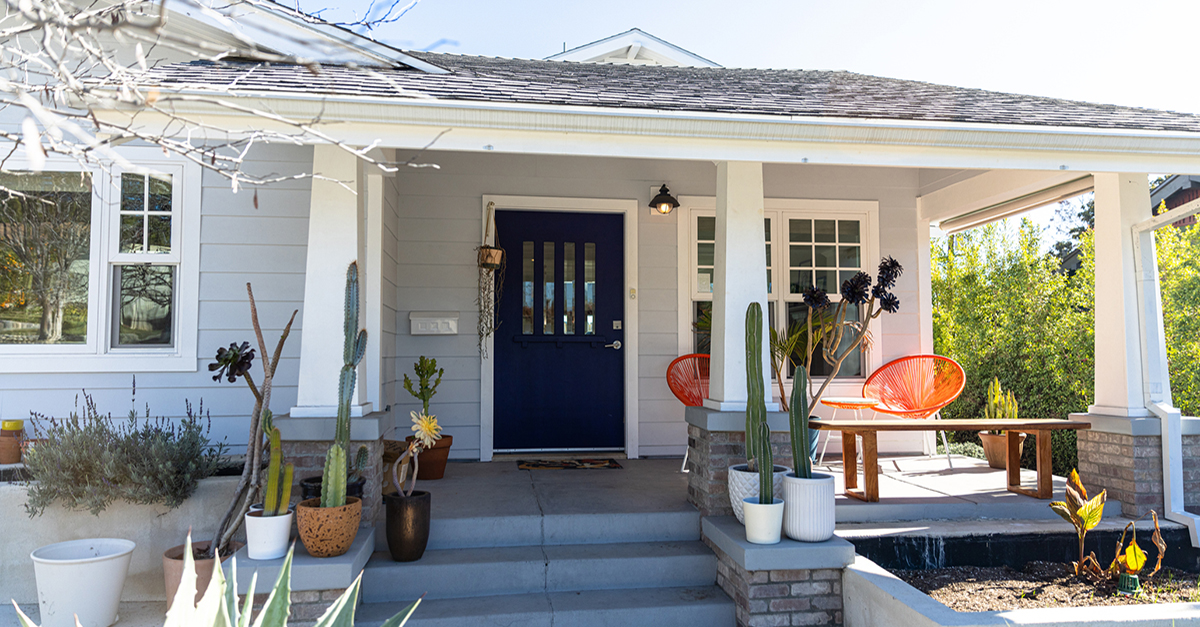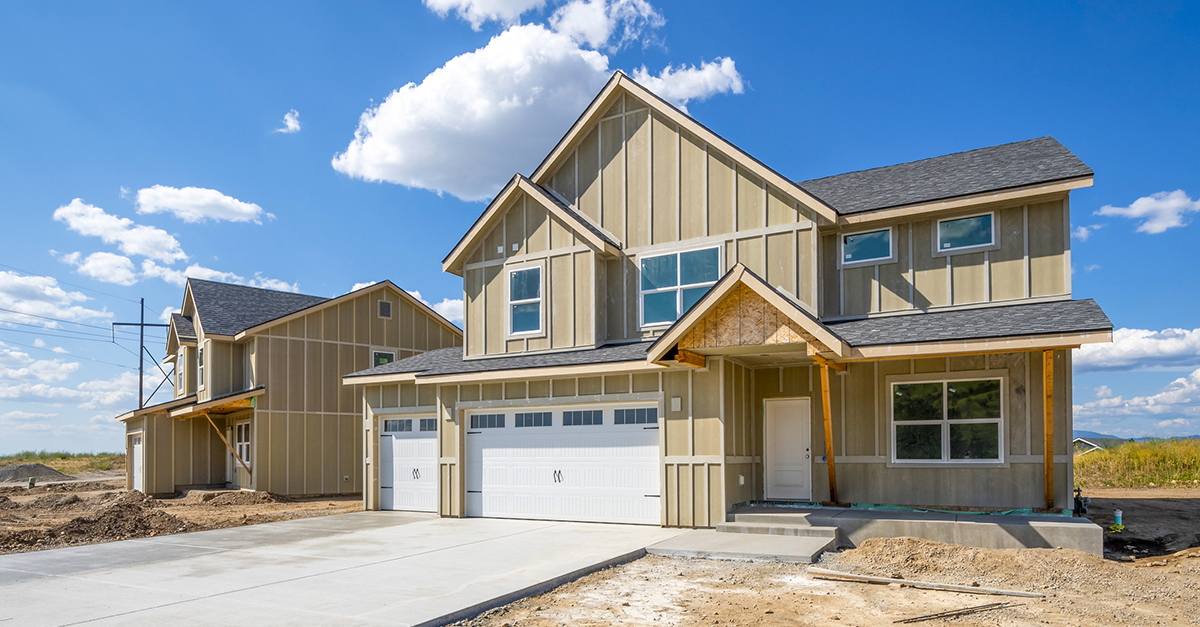In California, where there is so much sun to capture and a popular commitment to help save the planet, it is not surprising that solar leasing is on the rise. There are no upfront costs to install solar panels, the monthly lease payments are stable and usually comparable to previous energy bills, and installing a system does reduce the reliance on fossil fuels and lower the carbon footprint.
To boot, the homeowner gets to use all of the electricity the solar panels produce which reduces their utility bill through an agreement called net metering.
What’s not to like?
Well, you might say, the homeowner does not own the panels, the lease will last at least 15-20 years, and it’s generally not possible to modify the system during the lease period. All of that is true.
What about energy cost savings?
According to some estimates, the homeowner may save up to $90,00 over the life of the solar panels – and given that solar panels usually last for 25 to 30 years before losing efficiency, the homeowner would still have 17 to 22 years of savings on energy costs when the lease is over.
At the end of the lease period, the homeowner has three options:
1. Buy the system at a reduced price if the energy savings are substantial and the system is still efficiently producing power.
2. Renew the lease.
It should be noted that if the lease expires or is terminated early, the solar company is required to restore the property to its original condition. The landowner is typically not responsible for removing the equipment.
What happens if the homeowner wants to sell?
At that point, there are basically two options:
1. Pay off the balance of the lease – Buying out the remainder of the lease means the seller owns the solar energy system. That way, the system is sold as part of the home and may command a higher selling price.
2. Transfer the lease to the new homeowner - The seller may transfer the lease agreement to the new homeowner’s name. While some buyers may balk at the idea, studies have found that many are willing to assume a solar lease.
Solar leasing may empower homeowners to embrace sustainable energy without the initial financial burden. Your clients should choose wisely based on their unique circumstances and environmental commitment.
---
This material is not intended to be relied upon as a statement of the law, and is not to be construed as legal, tax or investment advice. You are encouraged to consult your legal, tax or investment professional for specific advice. The material is meant for general illustration and/or informational purposes only. Although the information has been gathered from sources believed to be reliable, no representation is made as to its accuracy. Intended for distribution to only one per individual for marketing purposes only on behalf of our company. Not for reproduction.








